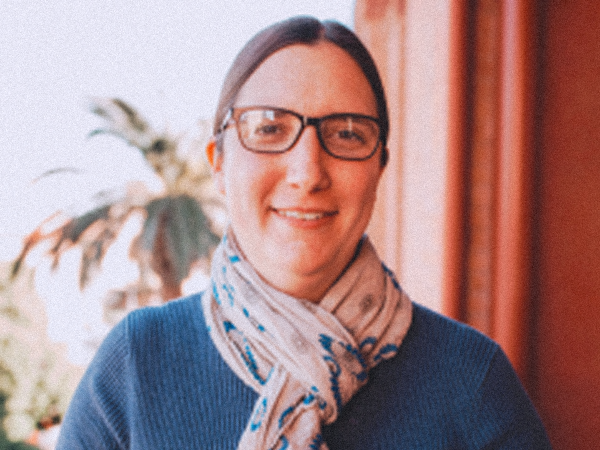EIHS Lecture: Listening to the Water, Capping a Verse: What Enslaved Women Did in the Medieval Mediterranean
Hannah Barker (Arizona State University)
What did enslaved women do in the medieval Mediterranean? The usual answer has been domestic work, but the field of slavery studies is in the midst of a historiographical turn toward the importance of sexual and reproductive labor. Enslaved women certainly performed these types of labor in medieval Mediterranean contexts, and Professor Barker will introduce some of the sources that enable historians to understand these aspects of their enslavement. She will also argue that the framework of domestic, sexual, and reproductive labor remains insufficient to express the full range of enslaved women’s activities.
Hannah Barker is an associate professor of medieval history at Arizona State University. She studies connections between the Black Sea and the Mediterranean during the late medieval period, especially the slave trade and the transmission of plague leading to the Black Death. Her book, That Most Precious Merchandise: The Mediterranean Trade in Black Sea Slaves, 1260-1500, was published in 2019. It received the Paul E. Lovejoy Prize and the ASU Institute for Humanities Research book prize, as well as honorable mentions for the Mediterranean Seminar’s Wadjih F. al-Hamwi Prize and the Middle East Medievalists book prize.
This event presented by the Eisenberg Institute for Historical Studies. It is made possible in part by a generous contribution from Kenneth and Frances Aftel Eisenberg.
Hannah Barker is an associate professor of medieval history at Arizona State University. She studies connections between the Black Sea and the Mediterranean during the late medieval period, especially the slave trade and the transmission of plague leading to the Black Death. Her book, That Most Precious Merchandise: The Mediterranean Trade in Black Sea Slaves, 1260-1500, was published in 2019. It received the Paul E. Lovejoy Prize and the ASU Institute for Humanities Research book prize, as well as honorable mentions for the Mediterranean Seminar’s Wadjih F. al-Hamwi Prize and the Middle East Medievalists book prize.
This event presented by the Eisenberg Institute for Historical Studies. It is made possible in part by a generous contribution from Kenneth and Frances Aftel Eisenberg.
| Building: | Tisch Hall |
|---|---|
| Event Type: | Lecture / Discussion |
| Tags: | History |
| Source: | Happening @ Michigan from Eisenberg Institute for Historical Studies, Medieval and Early Modern Studies (MEMS), Department of History |
The Thursday Series is the core of the institute's scholarly program, hosting distinguished guests who examine methodological, analytical, and theoretical issues in the field of history.
The Friday Series consists mostly of panel-style workshops highlighting U-M graduate students. On occasion, events may include lectures, seminars, or other programs presented by visiting scholars.
The insitute also hosts other historical programming, including lectures, film screenings, author appearances, and similar events aimed at a broader public audience.


